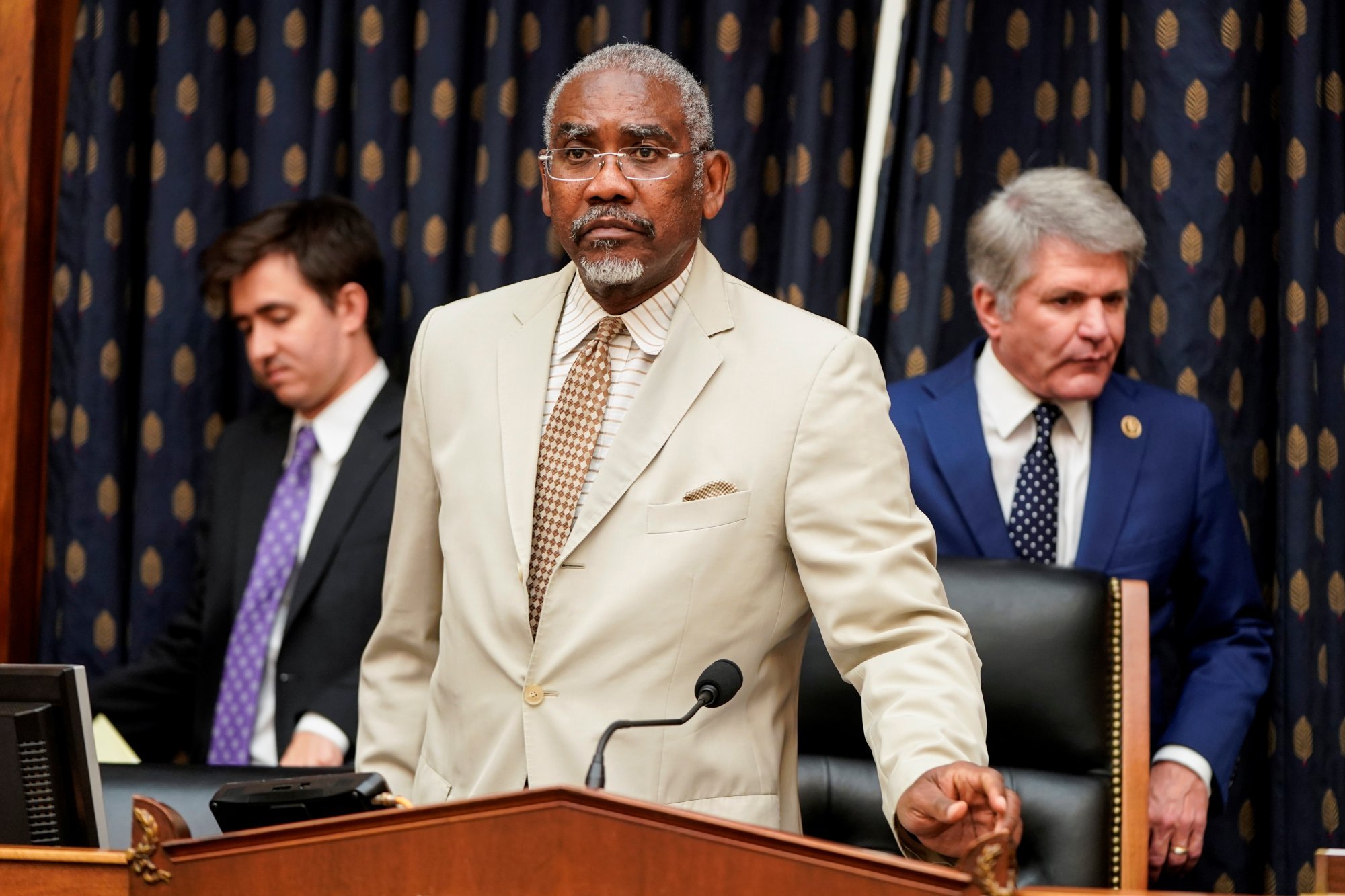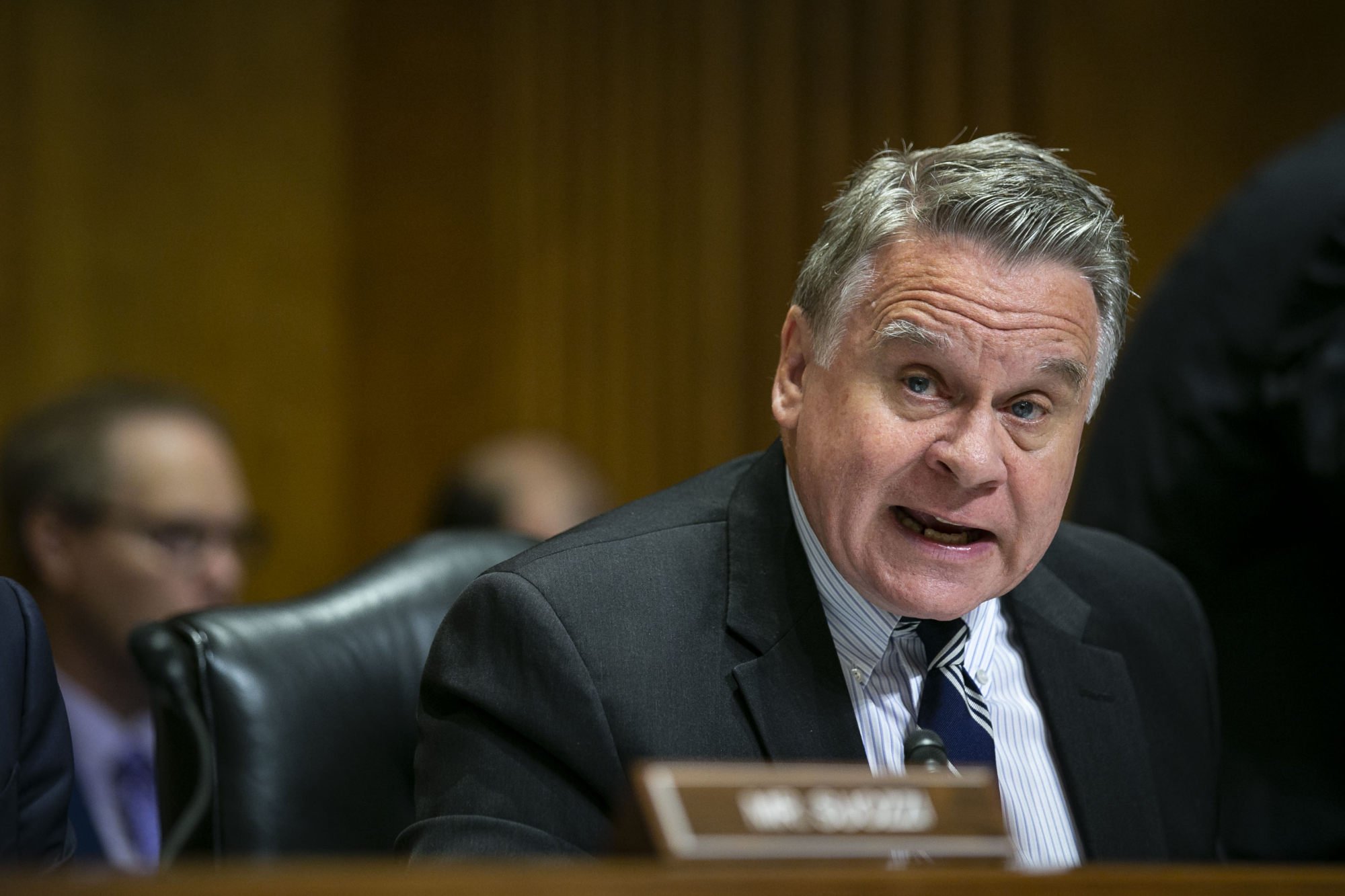
US-China ties should avoid sweeping view of security risks: leading scholar
US-China ties should avoid sweeping view of security risks: leading scholar
“Whether it’s [US]$1 or $1 billion US investors should not be involved in these hi-tech areas that will shape and define the future,” McCaul said in a committee mark-up hearing.
Describing the legislation as “the strongest countering China bill ever”, McCaul added: “The time now calls for bold new ideas instead of old failed approaches.”
The Hong Kong Economic and Trade Office Certification Act would require the White House to “remove the extension of certain privileges, exemptions and immunities” to the offices if it decided that Hong Kong no longer enjoys a high degree of autonomy from Beijing.

Assuming both chambers pass the legislation and Biden signs it, the American leader would be required to explain to Congress why the city’s offices in the US should retain or lose their diplomatic privileges, which were granted under the Hong Kong Policy Act of 1992.
The city’s three representative offices in the US – in Washington, New York and San Francisco – would be required to close within 180 days if the president opted for decertification. Both versions include a “disapproval resolution” clause that would allow Congress to override the president’s assessment and force the offices to close.
Don’t make waves: openness advised in wake of South China Sea disputes
Don’t make waves: openness advised in wake of South China Sea disputes
Introduced in September by Democratic congressman Gregory Meeks of New York and a ranking member of the House Foreign Affairs Committee, the Strengthening the Quad Act seeks to upgrade the grouping by establishing an inter-parliamentary working group to enhance dialogue between the legislatures of the four member countries.
The Quad was established in 2004 for humanitarian and disaster relief efforts, but remained largely dormant until 2017.

Without naming China, the Strengthening the Quad Act calls on the US to expand cooperation on issues such as freedom of navigation and overflight, the peaceful resolution of disputes as well as democratic resilience in the Indo-Pacific. It also urges the US to ensure that the region is “free from undue influence and coercion”.
South China Sea sees flurry of activity from PLA, US and Philippines
South China Sea sees flurry of activity from PLA, US and Philippines
While the US does not make any territorial claims there, it has repeatedly challenged Chinese assertions of sovereignty through its freedom-of-navigation operations.
As Beijing’s infrastructure initiatives are another area of concern for Washington, the proposed legislation involving the Quad asks member countries to collaborate with global and regional financial institutions to back competitive, transparent, and sustainable development and infrastructure projects in the Indo-Pacific.
Human rights were another focal point for the committee on Wednesday.
The comprehensive legislation would make it official US policy that “Tibet” refers to not only the autonomous region as defined by the Chinese government but also the Tibetan areas of Qinghai, Sichuan, Gansu and Yunnan provinces.
While Washington considers Tibet part of the People’s Republic of China, it does not hold that Beijing’s control over the region is consistent with international law.
The Uygur Policy Act of 2023, also approved on Wednesday, would appoint a “special coordinator for Uygur issues” in the US State Department.
Biden at Apec with Xi should ‘shine light’ on political prisoners: US panel
Biden at Apec with Xi should ‘shine light’ on political prisoners: US panel
It would authorise funding for human rights advocates to speak in countries part of the Organisation of Islamic Cooperation, an intergovernmental group comprising mostly majority-Muslim countries.
The Chinese government has repeatedly denied the existence of such camps, claiming the facilities are “vocational training centres” aimed at responding to the threat of religious extremism.


